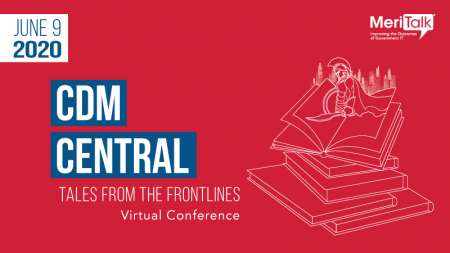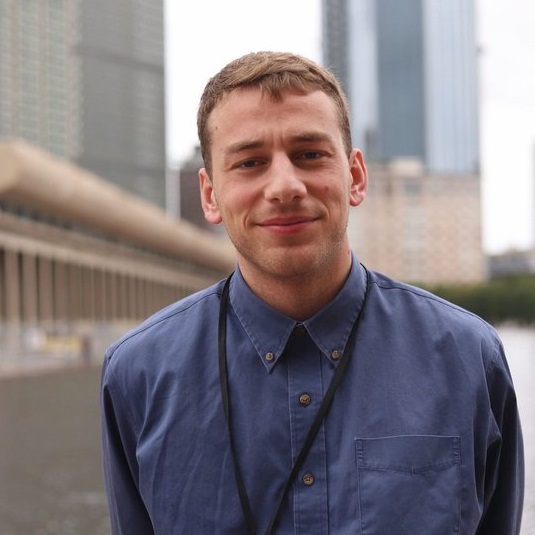For the estimated four billion people across the globe without Internet access – about half of Earth’s population – the race to 5G wireless services has barely begun. But the U.S. Agency for International Development (USAID) is putting people on the ground to prepare the way.
“We view 5G as not just an issue for developed countries, but also for developing countries,” USAID Deputy Administrator Bonnie Glick told MeriTalk in an exclusive interview.
The agency is looking to expand its Digital Development Advisors Program – from 14 advisors currently to more than 80 – to serve at USAID missions around the world as part of the agency’s new five-year digital strategy. Digital development experts would be either American foreign service officers or people on local USAID staffs, Glick said.
While some countries are not at 4G – or even at 3G – wireless services, Glick said it is important to start the conversation around 5G now because “there is the fear of backdoors and trojan horses and non-democratic solutions” in 5G network development.
“We began the pilot program a few years ago, and we’re building on the lessons that we learned from that experience,” Glick said. The pilot program has, for example, placed people in Ghana, who utilized geographic information systems to map areas of high conflict, and in Honduras, where they used digital tools to increase financial inclusion. A long-term USAID project for the digital development advisors is the security of 5G wireless networks, Glick said.

“Most developing countries are not at a point where they’re able to make 5G decisions yet,” Glick said. “But by having people placed in those [partner] countries, they will act as formal or informal advisors to that [telecommunications] ministry to ensure that when they make decisions on 5G, they are looking at systems that are safe and secure.”
Having a digital development expert in each of the USAID missions around the world, Glick said, is “an ambitious goal” of the strategy which covers the 2020-24 period.
Glick pointed to the agency’s past work of helping to bring internet connectivity to developing nations. In 2017, USAID partnered with Google in a $12 million effort to bring over 100 miles of fiber-optic cable to Monrovia, the capital city of Liberia. Working in concert with the Liberian regional affiliate company, CSquared, the project connected over 40 government ministries, she said.
“There is a need to have people on the ground with a mandate to understand the local context in the countries that they are operating,” Glick said.
The Cyberspace Solarium Commission’s March report recommended that USAID help bolster the cyber capacity of its partner countries. The commission said that this strengthening would help prevent adversaries from testing and refining malicious cyber products.

